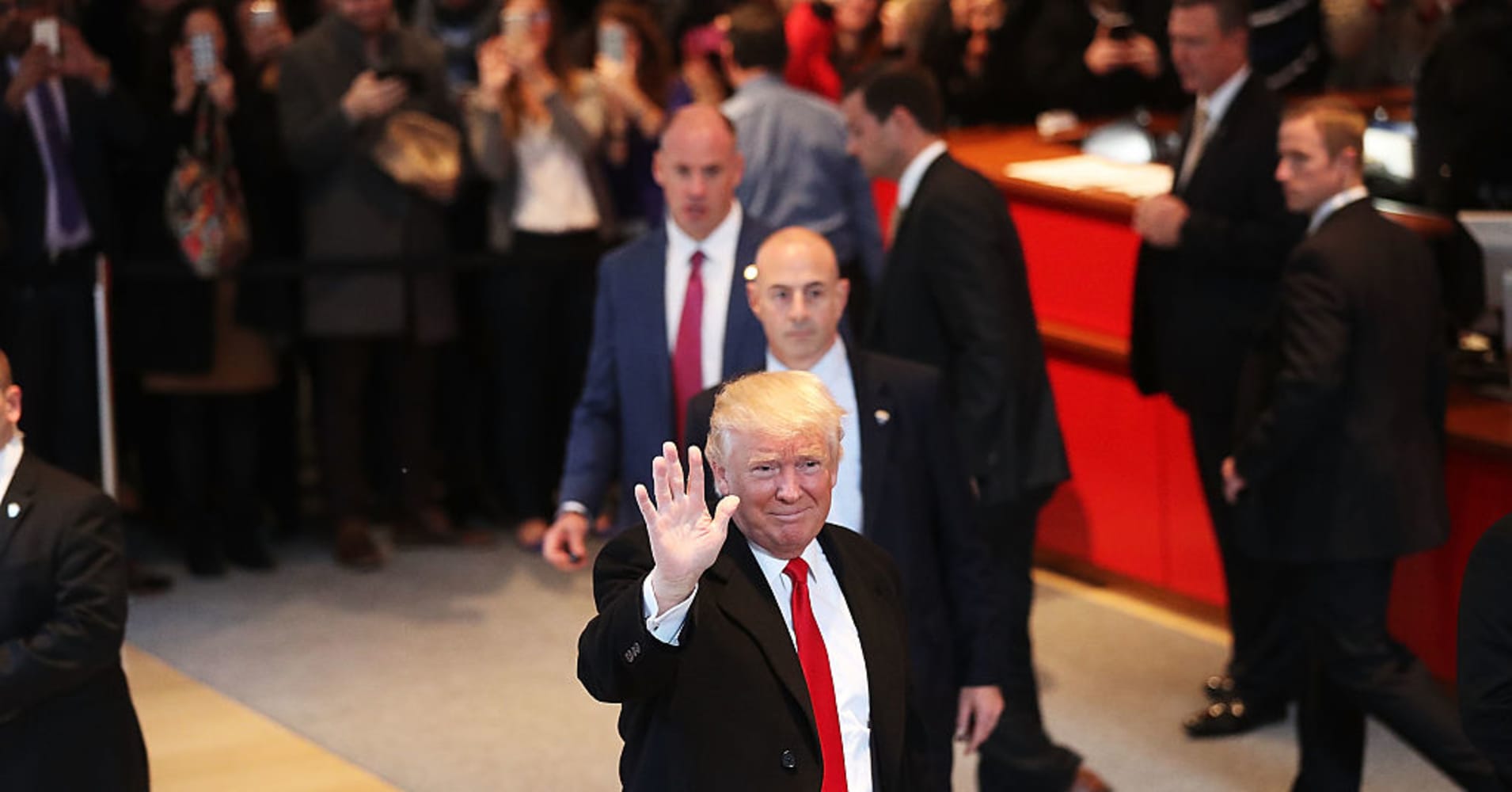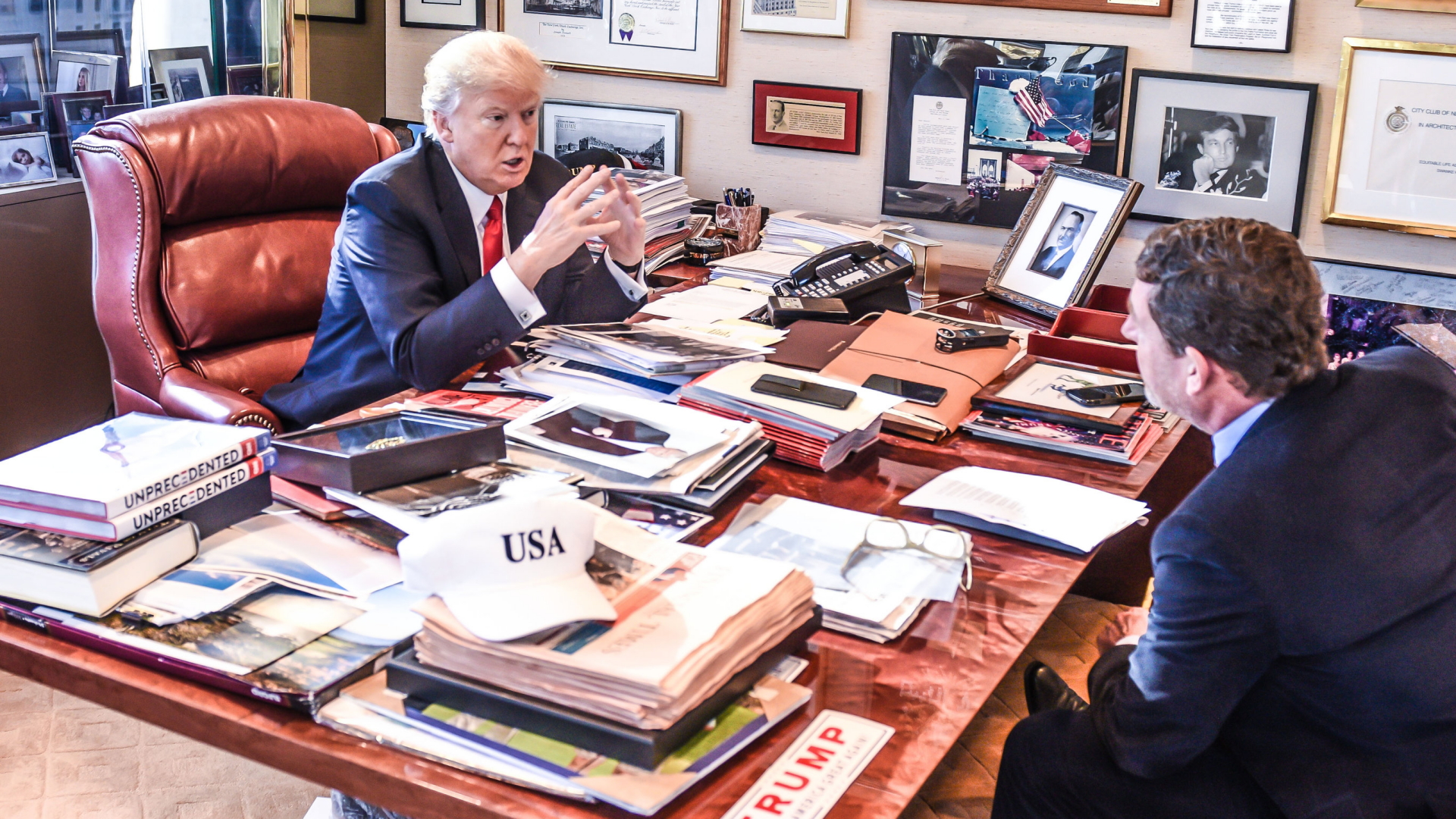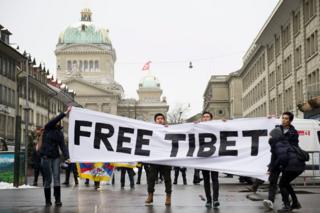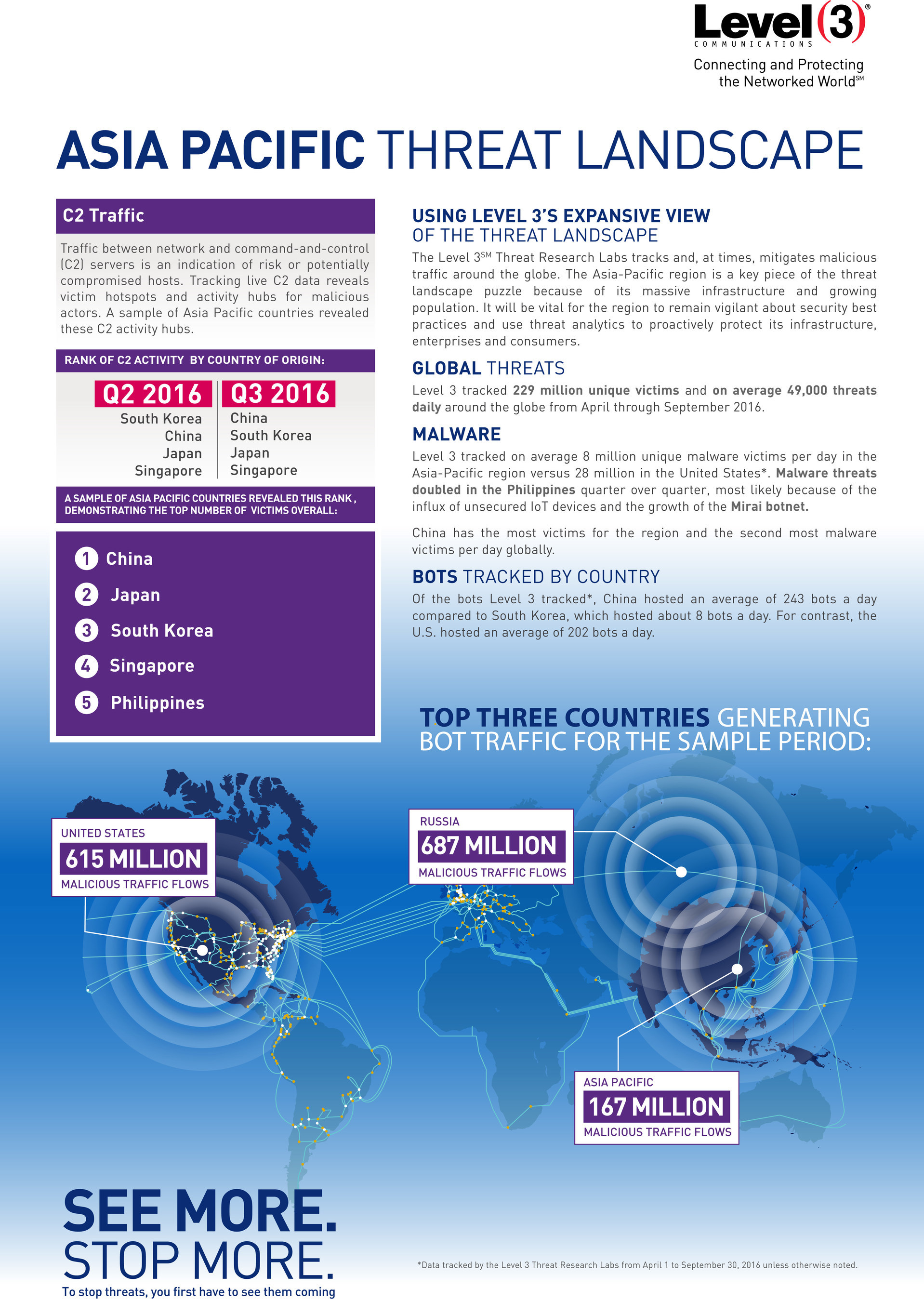 For two decades, China has been one of the countries on a U. S. watch list aimed at identifying trading partners that manipulate their currencies in order to keep their exports cheap.
For two decades, China has been one of the countries on a U. S. watch list aimed at identifying trading partners that manipulate their currencies in order to keep their exports cheap.
Complaints that Beijing kept the yuan exchange rate artificially low escalated as China’s bilateral trade surplus soared, with regular threats to label it a currency manipulator.
Washington has not taken that drastic step since the early 1990s, but U. S. President-elect Donald Trump has vowed to do so, shrugging off the prospect of exacerbated tensions between the world’s two largest economies.
Trump is not the first American politician to vow to play hardball with China during an election campaign. In 1992, Ross Perot accused president George H. W. Bush of shipping jobs to China. Before the 2000 election, Bush’s son, George W. , vowed to treat China as an economic competitor.
Four years later, John Kerry accused president George W. Bush of being « asleep at the wheel » for failing to address China’s currency manipulation. During a 2008 Democratic Party primary debate, Barack Obama vowed to « take [China] to the mat on [currency manipulation] ».
But President Obama’s administration refrained from labeling China a currency manipulator. During a 2012 presidential election debate with Obama, Republican Party nominee Mitt Romney made the boldest campaign promise on the issue, vowing to label China a currency manipulator on « day one » in office.
So when Trump vowed on the campaign trail to attack China’s currency policy and slap a 45 per cent tariff on imports from China, on the other side of the Pacific the Chinese leadership, think-tanks and state media took it as just more angry rhetoric. They thought Trump, like his predecessors, would embrace engagement.
But a succession of red flags since Trump’s election victory in November have caught them off guard. It was only recently that China, in the middle of intense horse trading ahead of the Communist Party’s national congress this autumn, began to prepare for economic ties with the U. S. entering uncharted waters.
« China will not undertake radical reforms in foreign exchange rate polices, if that’s what the U. S. would press for, » said Sun Lijian, an economist at Fudan University in Shanghai. « The accusation from the U. S. has never disturbed China’s own pace of currency reform, and it would remain so this time. »
China was first listed as a currency manipulator by the George H. W. Bush administration in May 1992. The U. S. Treasury Department report attributed the inclusion to « the size and growth of China’s external payments surpluses » resulting from « pervasive administrative controls » maintained by Beijing, « including a highly regulated system of foreign exchange allocation and direct controls on imports.
China’s trade surplus with the U. S. had jumped 22 per cent a year earlier, to US$12.7 billion, as Chinese-made footwear, furniture and toys began to make inroads into the American market. That made it the source of America’s second-largest bilateral deficit, trailing only Japan.
China had a dual exchange rate system at the time, with an administrated rate applied to trade transactions under the state plan and a second rate determined in foreign exchange adjustment centers. There was also a sizable black market.
In early 1992, Beijing announced a renewed commitment to broad economic reform. A year later it devalued the yuan by 5 percent and its surplus with the U. S. widened by US$4.5 billion. In 1994, China unified its dual exchange rates and devalued the yuan by 33 percent from 5.8 per U. S. dollar to 8.7.
The U. S. welcomed the rate unification, but continued to label China a currency manipulator in a July 1994 report due to « China’s continued reliance on foreign exchange restrictions that could limit imports ».
The U. S. joined the World Trade Organisation (WTO) at the start of the next year and since then has sought to solve trade disputes via WTO mechanisms and has never labelled any country a currency manipulator.
Washington’s generally mild stance – negotiating currency issues through the WTO and through regular, high-level Sino-U. S. talks since 2006 – helped Beijing escape the sharp, one-off currency appreciation experienced by Japan and South Korea and allowed Beijing leeway in carrying out exchange rate reform.
In 2005, China announced a « managed floating » rate system, under which the yuan was allowed to float against a basket of currencies within a narrow daily range, and revalued the yuan, setting it 2.1 percent higher against the U. S. dollar. But reform has been a stop-start affair and Beijing again pegged the yuan to the U. S. dollar from mid 2008 to April 2010.
After allowing the yuan to appreciate by nearly 30 percent against the greenback since 2010, Beijing introduced a new method to determine the daily reference rate in August last year to better reflect market supply and demand. As a result of the adjustment, to prepare for the yuan’s inclusion in the International Monetary Fund’s Special Drawing Rights, China slashed the yuan’s fixing by a record 1.9 percent, sparking the biggest sell-off since 1994.
A People’s Bank of China official, speaking on condition on anonymity, said China did not meet at least one of the three criteria upon which the US decides whether a country is a currency manipulator, because its current account surplus was less than 3 percent of its gross domestic product. The other two criteria are a trade surplus of more than $20 billion and strong intervention in the foreign exchange market.
« China’s current account surplus is estimated to be 2.5 percent of GDP this year and even lower next year, » the central bank official said. « For market intervention, China has been a net buyer of the yuan to prevent sharp depreciation recently. Maybe Trump should reconsider what he’s after and the consequences to the U. S. economy if China held back from such intervention. »
The yuan has weakened by about 10 percent against the U. S. dollar in the past 17 months as investors lost confidence due to a prolonged economic slowdown and delays in implementing market reforms. Beijing has been trying to keep the yuan high, imposing administrative curbs to check capital outflows and depleting its huge foreign reserves.
Renmin University finance professor Zhao Xijun said China would follow the path it had designed to currency regime reform and « definitely say no » to being designated a manipulator.
« Related departments are gearing up for possible bilateral communications, negotiations and investigations which are expected to accompany the accusation if it would happen, » he said. « Also, they are prepared for a trade war if that’s inevitable. »
Scott Kennedy, director of the project on Chinese business and political economy at the Centre for Strategic and International Studies in Washington, said: « At this stage, the purpose of all the bluster and talk is trying to avoid a trade war, to show the U. S. means what it says and the threat is genuine. However, it depends on how China will respond.
« If China were not to address its foreign exchange rate, distortion of its domestic economy or liberalise the economy to embrace further investment, then I think the probability of penalties of one sort or another is highly likely.
« It looks like a trade war in inevitable. But it’s extremely dangerous on both sides, particularly on the China side, if a trade war does break out. »
That was because China’s economy was « far more dependent » on the bilateral relationship than the other way around, he said, and China’s economy was « much more fragile » than the U. S. economy.
Ricard Torne, senior economist at FocusEconomics in Barcelona, said labeling China a currency manipulator would add downward pressure on the yuan, mainly via two different channels.
« Any severe trade disruption would prompt the Chinese authorities to boost their pro-growth policies, which would certainly include a weaker renminbi (yuan), » he said. « Political and economic uncertainties will likely encourage further capital outflows, hurting the value of the Chinese currency. »
Against that backdrop, FocusEconomics expects the yuan to trade at 7.12 yuanper U. S. dollar by the end of this year and to depreciate further to 7.30 yuan next year.
On Tuesday, the first trading day of 2017, the People’s Bank of China fixed the yuan midpoint at 6.9498 per U. S. dollar. It was the first fixing since a change to the composition of the currency basket used to determine the yuan’s value which reduced the U. S. dollar’s weighting from 26.4 percent to 22.4 percent.
The Chinese leadership’s emphasis on structural reforms and boosting domestic demand at last month’s central economic work conference, an annual even that sets economic priorities for the following year, underscored the realization that the road ahead could be rocky if U. S. ties soured, economists said.
At the conference, the top leadership set « progress amid stability » as the guiding principle for economic work this year. The emphasis shifted to « stability is the main theme » last year, after a flirtation with « development is the No 1 task » in 2015.
This month’s presidential transition in the U. S. and the shake-up in the upper echelon of the Communist Party expected at its national congress later in the year increased the likelihood of an « economically damaging geopolitical misstep », ING’s chief Asia economist, Tim Condon, wrote in a research note.
Trump’s nomination of several hawkish officials for his White House, who shared his view that China had stolen jobs from the U. S., made the threat of a trade war more real, economists said. Among them is Peter Navarro, a strident critic of Beijing, who Trump named as director of a newly created National Trade Council.
Trump appears bound to pursue a more aggressive trade policy with China and the recent rediscovery of 87-year-old legislation still in the statute books could give him the tool to do so. It had been thought that U. S. law only empowered the president to unilaterally impose tariffs of up to 15 per cent for as long as 150 days, but writing on the Law360 legal news website last month, former deputy US trade representative John Veroneau and a colleague at the Washington-based law firm Covington & Burling said they had discovered that Section 338 of the Tariff Act of 1930 allowed presidents to impose tariffs of up to 50 per cent and subsequently even block imports from a particular country completely.
Ironically, the last time a US administration seems to have considered using it was against the People’s Republic of China on the eve of its founding in 1949.
« While we believe that pragmatism between the two global superpowers will prevail, as a full-blown trade war would wreck the economies of both countries, Trump’s administration will increase some tariffs on Chinese goods in order to seek concessions from China, » Torne said.
With China likely to opt for retaliation rather than make concessions, Beijing could cancel aeroplane orders, block U. S. farm product imports and put pressure on U. S. multinationals in China, Chinese trade experts said.
If an all-out trade war followed, higher trade barriers for Chinese goods could lead to higher input costs and higher inflation rates in the U. S., which would prompt the Federal Reserve to accelerate its tightening cycle. Despite hopes for Trump’s stimulus plan, higher inflation and interest rates would drag on growth, Torne said.
« Europeans would benefit from cheaper products from China due to Chinese authorities’ efforts to diversify their sales away from the U. S., » he said. « However the trade balance between the European Union and China would deteriorate and, if sustained, this could impact the European manufacturing base… which, in a context of rising nationalism and Euroskepticism, could further endanger globalization. «
© Source: http://www.cnbc.com/2017/01/15/will-trumps-assault-on-chinese-currency-trigger-a-full-blown-trade-war.html
All rights are reserved and belongs to a source media.



 Der künftige US-Präsident Trump hat seine Vorstellungen zur US-Außen- und Wirtschaftspolitik erläutert. In einem Interview mit « Bild » und « Times » nannte er die NATO obsolet, den Brexit lobte er und deutschen Autobauern drohte er Strafzölle an.
Der künftige US-Präsident Trump hat seine Vorstellungen zur US-Außen- und Wirtschaftspolitik erläutert. In einem Interview mit « Bild » und « Times » nannte er die NATO obsolet, den Brexit lobte er und deutschen Autobauern drohte er Strafzölle an.
 A group led by Hong Kong billionaire tycoon Li Ka-shing’s infrastructure business said Monday it is buying Australian energy company Duet in a multibillion dollar deal.
A group led by Hong Kong billionaire tycoon Li Ka-shing’s infrastructure business said Monday it is buying Australian energy company Duet in a multibillion dollar deal. 
 Swiss police have arrested 32 pro-Tibet activists who were protesting against a visit by Chinese President Xi Jinping.
Swiss police have arrested 32 pro-Tibet activists who were protesting against a visit by Chinese President Xi Jinping. 
 As funções primordiais de Pombagira são as de ajudar os seus em todos
As funções primordiais de Pombagira são as de ajudar os seus em todos 
 13:00 ET
13:00 ET 
 For two decades, China has been one of the countries on a U. S. watch list aimed at identifying trading partners that manipulate their currencies in order to keep their exports cheap.
For two decades, China has been one of the countries on a U. S. watch list aimed at identifying trading partners that manipulate their currencies in order to keep their exports cheap. 
 It’s literally impossible for Donald Trump to shake things up too much in Washington, in the eyes of those who backed him for president.
It’s literally impossible for Donald Trump to shake things up too much in Washington, in the eyes of those who backed him for president. 

 January 15, 2017
January 15, 2017

